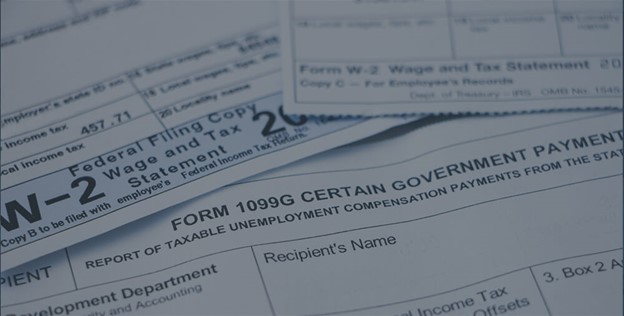Criminals seeking financial gain from identity theft take advantage of the tax season every year. There are many ways that scammers obtain personal information, but they all aim to file a false tax return in the taxpayer’s name and claim a tax refund. By the time the taxpayer files a legitimate tax return, the criminal may have moved on.
Having to deal with issues related to identity theft and fraudulent tax returns can be messy and delay your tax refund significantly. It is important to protect your identity as soon as possible. Below are some tips to help you avoid tax identity theft this year.
1. Do Your Taxes ASAP
As of now, you should have all the documents you need to file your tax returns. W2s and 1099s must be submitted by Jan. 31. If you have not already done so, you should gather all the information you need and begin preparing your tax return as soon as possible. Your tax preparer can prepare your return at this time if you work with them.
As soon as you file your tax return with your Social Security number (SSN), criminals will not be able to file under your name. If you file your tax return early, criminals have less time to file a fraudulent return under your name.
This year, the IRS has pushed the deadline for filing your tax returns back to Feb. 12. When possible, the IRS recommends against filing paper returns in order to avoid delays in processing.
2. Avoid Scams and Phishing Attempts
Any unexpected communications claiming to be from the IRS or another official organization should not be trusted. Impersonating legitimate organizations can lead to criminals requesting personal information, including your name, address, employer, and SSN. Never open an attachment, click a link, or provide any information without verifying the source.
If you need to contact the IRS, you should do so directly. Email scams can be reported to phishing@irs.gov, and IRS-impersonating phone calls can be reported to TIGTA.
3. Report Red Flags to the IRS
Identity theft can be detected by many red flags. You should contact the IRS if you see any of the following warning signs:
- The IRS contacts you about a duplicate return.
- You receive correspondence regarding wages from somewhere you never worked or other information that seems suspicious or inaccurate.
- You receive an unexpected notice that additional taxes are owed, your refund will be offset or you are in collections for a year you did not file taxes.
- You have any additional reasons to believe your identity has been stolen.
4. Protect Your Data
Make sure your personal information, including your SSN, is protected. When you no longer need paper records, store them in a secure location and dispose of them safely. Make sure that any records you store on your computer or in the cloud are password protected.
When sending documents to a tax preparer, make sure they are secure. Do your research and ask a tax professional how they protect client information before hiring them.
Is your personal information on the dark web? Make sure your identity isn’t at risk!

